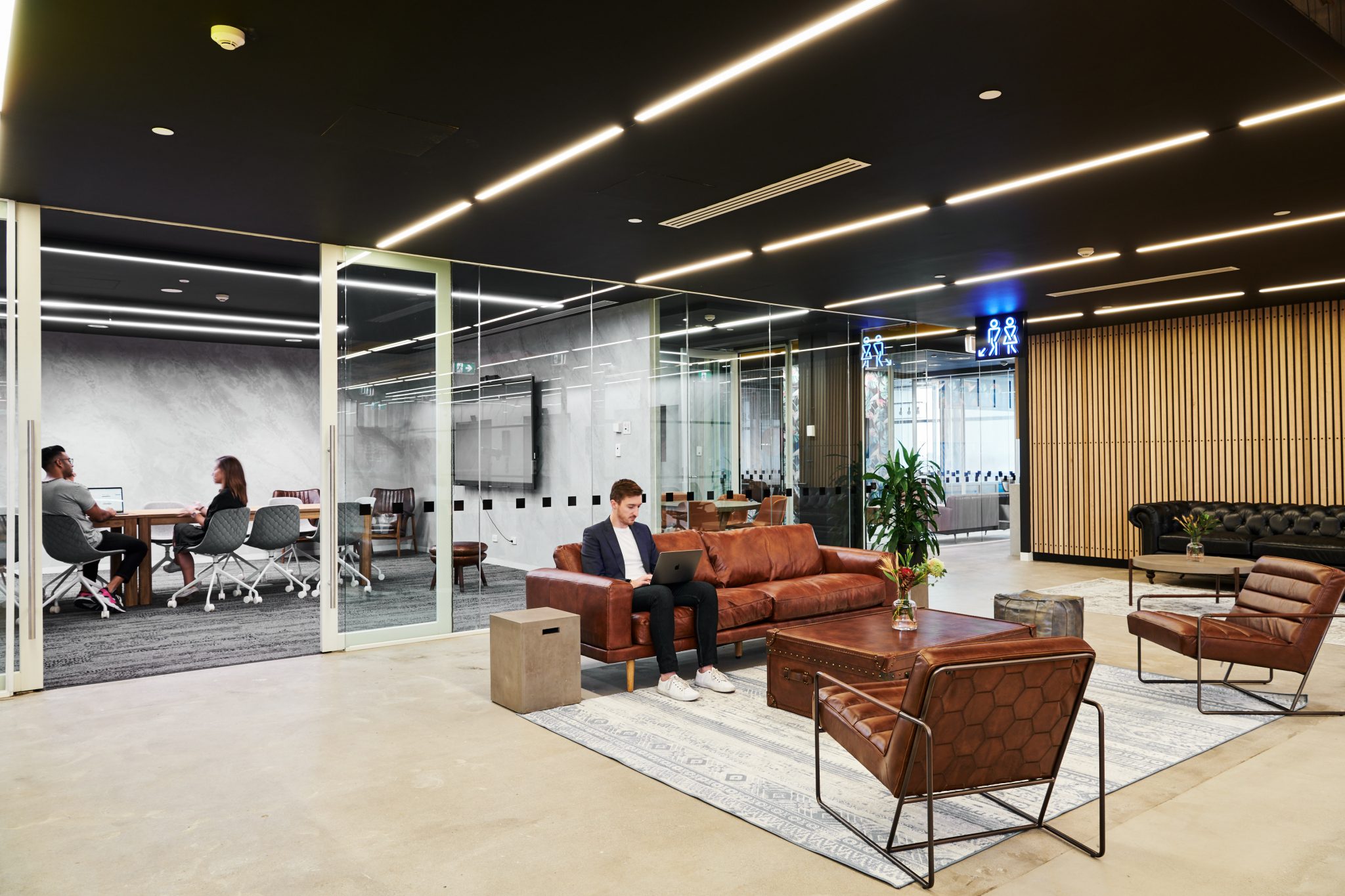Coworking Is Trending For All Types of Businesses, But Surging Demand Coming From Corporates
As the nation plunged into lockdown back in March, few could have predicted the kitchen table would continue to reign as “the office” eight months later.
For many corporates accustomed to the hustle and bustle of city life, there was a honeymoon period to working from home: swapping the usual hour-long commute for a sleep in, the suit and tie for a comfy sweat set and the daily grind of a day at HQ was replaced by more family time and flexibility.
The shine eventually wore off thanks to zoom fatigue, homeschool and working from a makeshift office and many are craving the benefits working in an office can bring.
Although as temporary as they were first perceived to be, remote work is here to stay… to a degree that is. Given the pandemic has shone a light on work-life balance and highlighted the importance of human connection in the workplace, employees are seeking to continue WFH flexibility with a mix of office-based and remote working.
Uniquely positioned to fill the void, coworking spaces and flexible office providers are in high demand, particularly for white collar workers striving for the right balance of community and autonomy.
Flexibility and Autonomy
A credit to the pandemic, there has been a dramatic shift in metrics of performance, creating a sense of freedom from the physical routine and workplace related rituals. For professionals, coworking provides a more flexible and fluid space than the home office, affording the freedom, independence and individual privacy to carry out one’s work. With spaces often accessible 24/7 with a diverse range of workspaces to utilise, workers are afforded the control over how, when and where they perform their responsibilities.
For businesses on the other hand, adopting a coworking space can be a valuable business strategy, particularly for those looking to maximise employee productivity and satisfaction while reducing overheads. Coworking spaces allow employers to consolidate their real estate portfolio while providing increased flexibility, scalability and an additional range of services without the long term commitment of a traditional office lease.
Collaboration and Connection
Work is a relationship, and relationships thrive on intimate and frequent connections. When offices were occupied, that intimacy was built by the serendipity of conversations you had while going about your day’s work. In-person work creates an ease of connection and interaction that is hard to replicate in a work from home context.
At the core, coworking spaces are built on community, connection and collaboration. In a post-COVID workplace, the three C’s will be paramount to recovering from the effects of lockdowns and limits. Coworking spaces provide a ready-made community with a shared physical space where connections are always being made and a positive, collaborative culture is reinforced. These spaces provide entrepreneurs, business owners and workers with meaningful contact and networking opportunities in the form of guidance, events, mentorship and social events to help them feel connected and supported.
From humble beginnings, the coworking and flexible office industry has exploded and shows no signs of slowing down. With the remote working model tried and tested, albeit forcibly, coworking offers what’s missing from the home office and is lost in the daily grind, perhaps the key ingredient for businesses and employees to bounce back from the pandemic.




